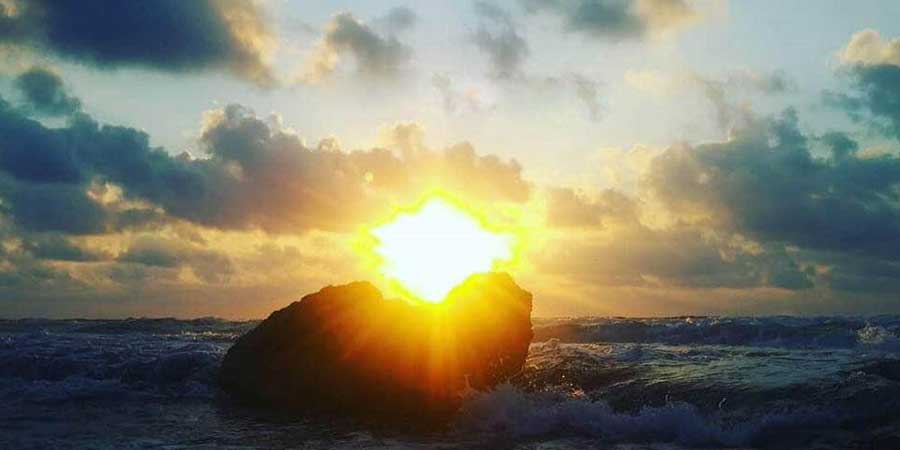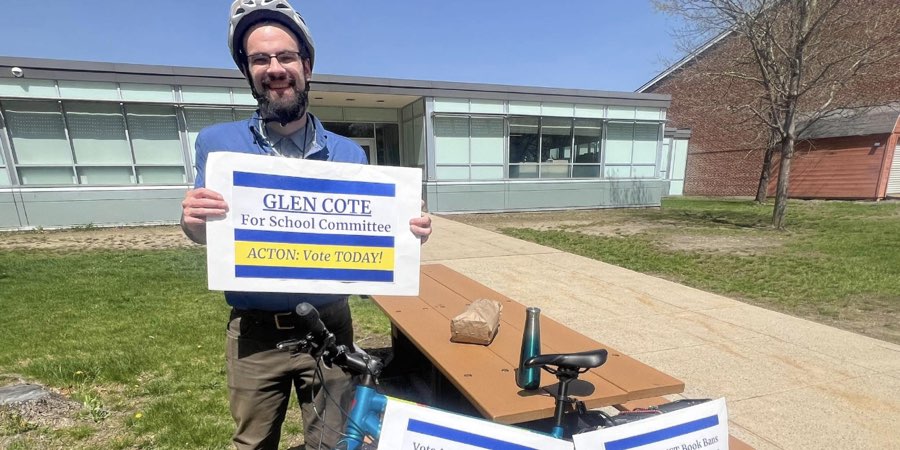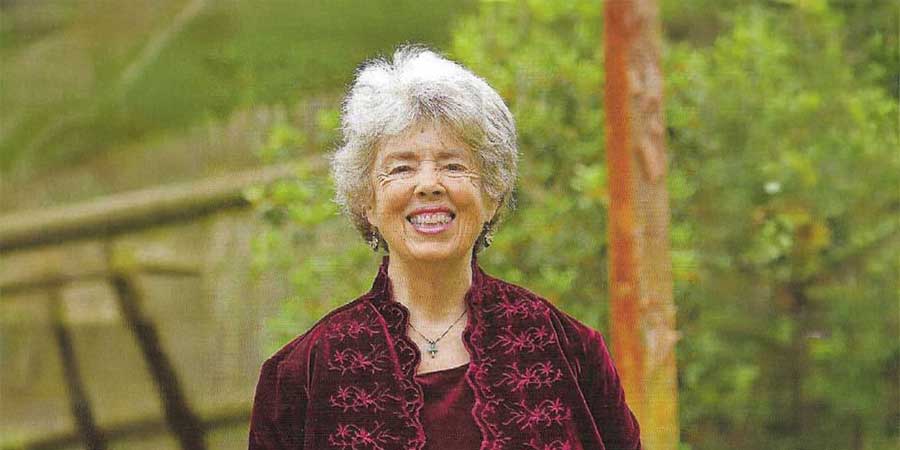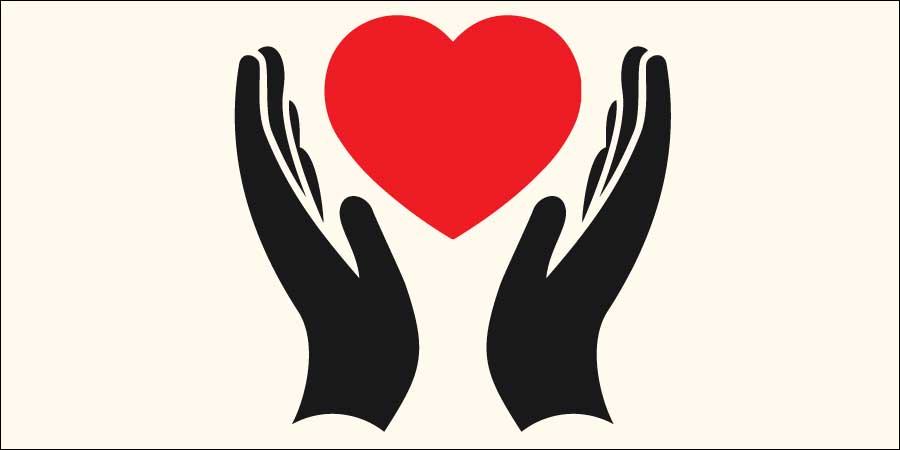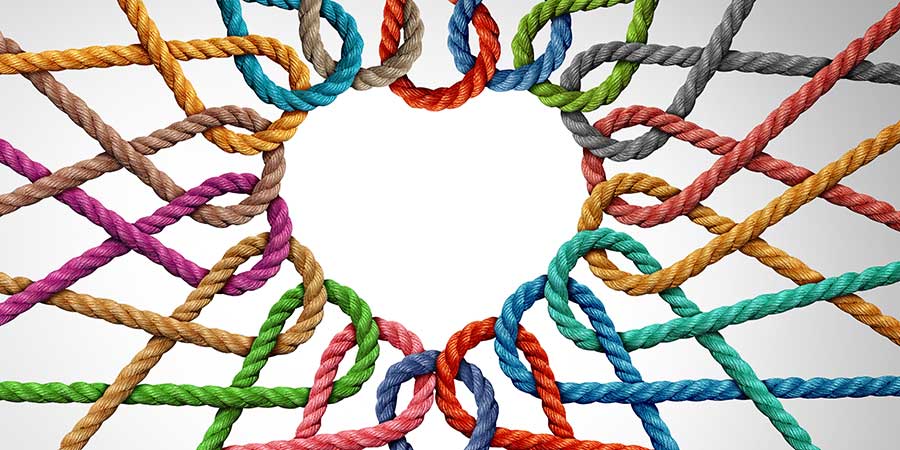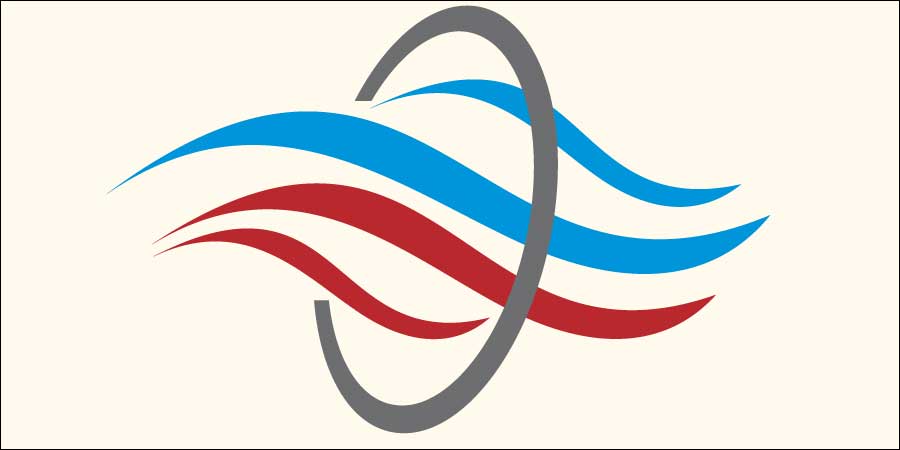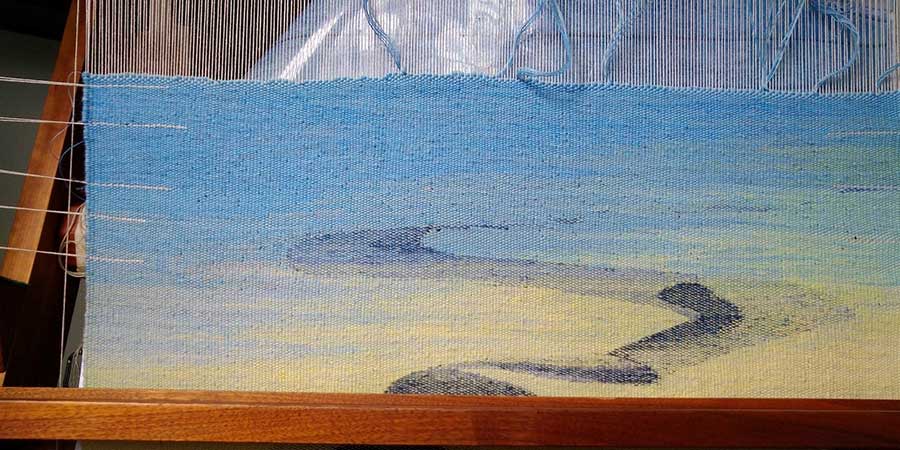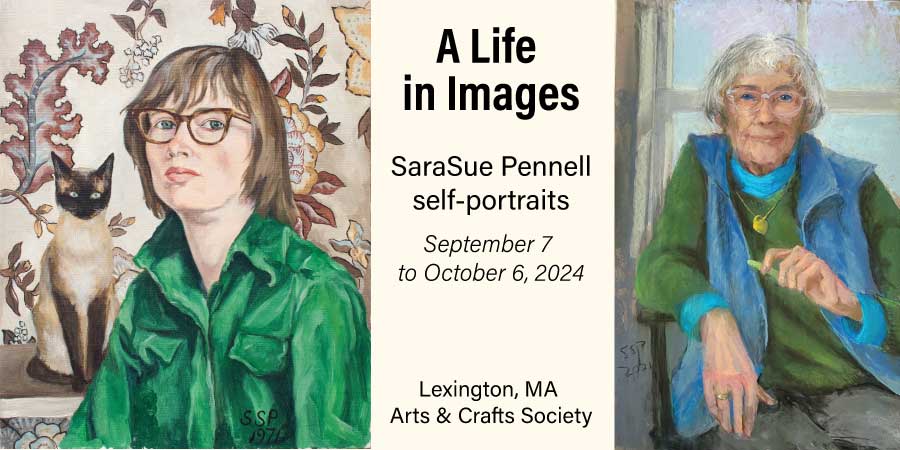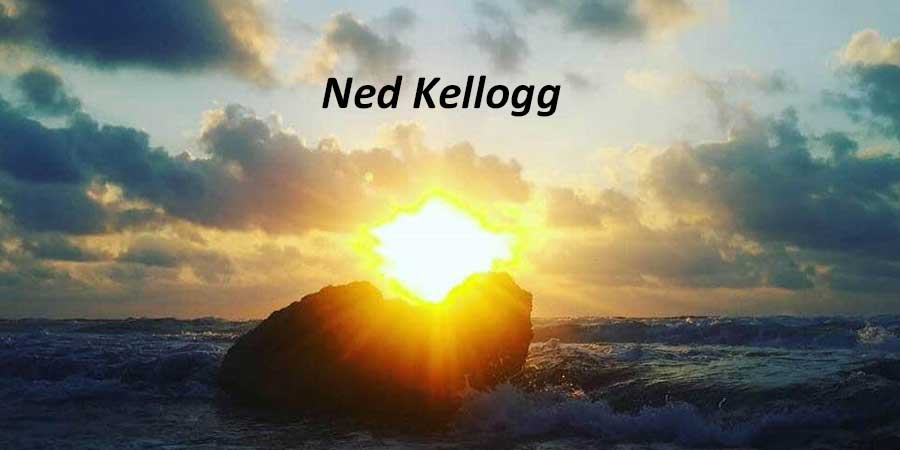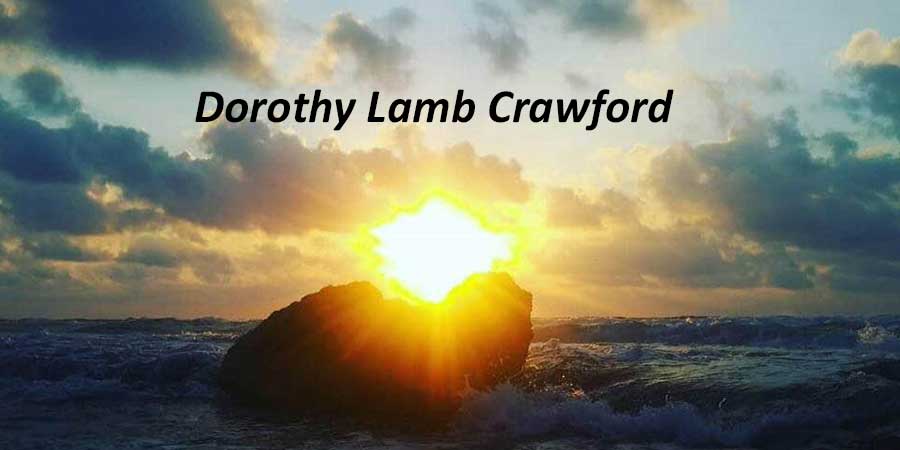Thanksgiving Reflections 2021
How did you spend Thanksgiving Day? Friends Meeting at Cambridge offered diverse opportunities.
- You are invited to the 52nd annual national day of mourning hosted by the United American Indians of New England (UAINE). Over the years members of the FMC community have attended this rally, march and community gathering to support and witness to the fuller truth of what is known as “Thanksgiving” and its continued impact on indigenous peoples locally and all across Turtle Island (so-called U.S.). Sponsored by Friends for Racial Justice.
- Celebrate Thanksgiving with your FMC family! Invitations for Meeting for Worship, fellowship and open house sponsored by Ministry and Council, Fellowship and Outreach, and Pastoral Care Committees, respectively.
Here are some reflections.
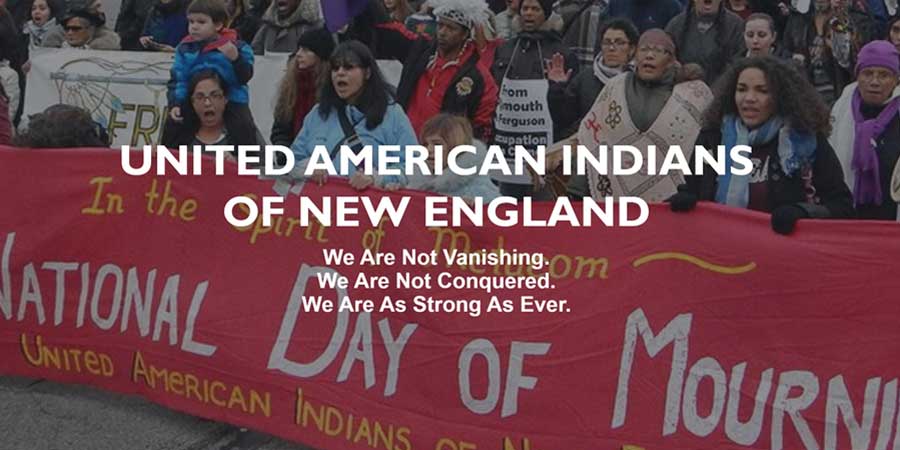
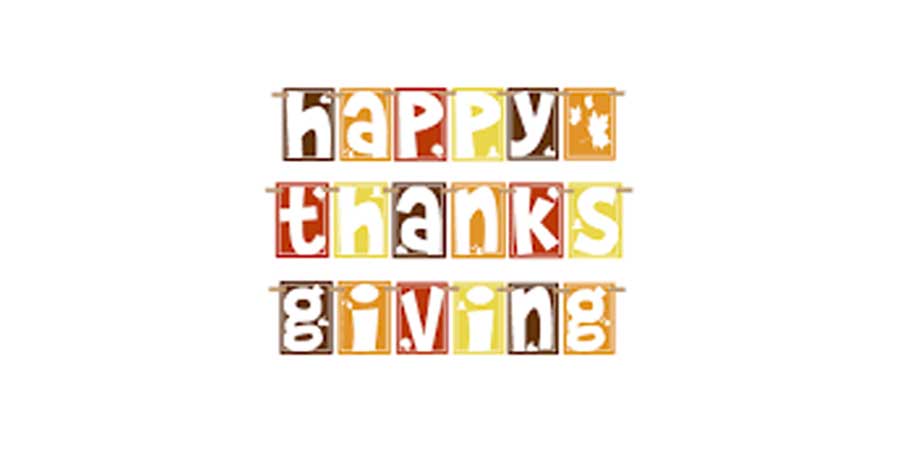
The sun splayed on all November 25th, 2021 on Cole Hill where a 30 foot statue of Massasoit, the great sachem of Massachusetts stands. The sun with its wild abandon lightened my heart. I came to Cole Hill wanted to find my path to thankfulness while fully present at the NDOM. Many children of the unknowable Creator gathered in this place currently known as Plymouth, MA. The sea gulls circled high. I felt a fey spirit, laced with deep thanks to the warm sun. The waves of the inner bay met hardy insects. Many rocks met the mud-soaked snails and mussels. All creatures stirred at noon as a Native American blew a bugle. 1,000 human children gathered on the crested bank of Cole Hill sandwiched between the tall sachem and the vast Atlantic.
Five days earlier the Plymouth leaders had a parade at the riverbank near a small rock enshrined with a Romanesque colosseum. Pilgrim descendents in 2021 had their own Parade, shrouding the harvest meals with many falsehoods. Plymouth town honors the survival of the English that first settled in MA, coming desperately in winter to a strange land (although the crew was aiming for Virginia). Plymouth rock was imported 121 years after the Mayflower came in 1620. Does the false rock emit patriotic fervor or the starting line of stealing land? . The Pilgrim trip was fraught with near-death and starvation, but they never moored their ship to a rock.
Quakers first came to New England in 1652. Soon afterwards came Mary Dyer, Elizabeth Hooten, and George Fox. Elizabeth Hooten wrote about accepting a land grant from the King, ‘I wanted to get a house in Boston for truth’s sake and wage in the Lamb’s war.” (1670ish). Was it just a huge blindspot that early Friends didn’t write about the Native People already living on this land which was majestic, vast. How long can we accept New England as a name?
Quakers settled in the 1600s in Nantucket, Providence, Salem and Dover. I wonder how surprised they were to meet Indigenous People in these villages? What did they think of their language, their trade, the food? Did the Quakers respect the Wampanoag tribes, looking for that of God in them? Were they too consumed with fighting the Puritan establishment? Elizabeth Hooten received permission to build a house for the Lord in Boston in 1657 ? How did the English kings decide that they could parcel out land ramrodding over the Native Peoples with muskets and laws. Did the Quaker settlers reach out to understand the People of the First Light?
While most families were stuffing a turkey, at the Day of Mourning we were called to open to the four directions. The descendants of the Wampanoag and descendants of the Mayflower heard many indigenous voices, including Massachusetts Mahtowin Munro, a leader for decades United American Indians of New England http://www.uaine.org
and Kisha James, a Wampanoag youth leader. I looked up at their stage. We gathered in the Spirit of Metacom, aka King Philip, who resisted the English occupation of the land in 1650s. I saw some smudging and wafts of sage bush. I looked up at their stage. I hung back with other Quakers towards the back of the stage where many moved freely. From those speaking next to the sachem’s statue, I heard a litany of lies from my 4th grade Social Studies around the Pilgrims. Not all were poor, some built mansions with glass windows. Those on the Mayflower weren’t being religious persecuted. Representatives from the Mayan Elders gave a message in Spanish about living on this Earth.
I heard the desire for revival. Indigenous people ask us to examine the rotting US domination system, to break away from stripping the soil of its richness, polluting the rivers. I heard the need for better health care, no more food scarcity, repair the kidnapping of children, recognize the harm done by confining tribes to patches of land called reservations. It’s all so sad, so much to mourn, so much potential when the Pilgrims came, so much the old roots and the new saplings.
Voices of Aquinnah Wampanoag, the Herring Pond Wampanoag, the Lakota the Mexica, the Arawak, the Taino, the Penobscot, the Chippewa-Cree. Chali’naru Dones explained the travesty of Leonard Peltier, a Chippewa hero, imprisoned since 1975. The gathering asked for truth and liberation from a government that discriminates with racism against them is tragic. The tribes gathered before the inchoate beauty of Massasoit to state their hopes and their sovereignty.
Good weather for the memorial, estimates of more than 1000 on site, another 1000 watched remotely. Spirits high. Led mainly and expertly by Kisha James, the grand daughter of Wamsutta Frank James, the founder in 1970. Not great live streaming technique—didn’t show audience during the speeches, and jumpy camera during the march.
Thursday afternoon I went down to Malden High School, where our local food pantry, Bread of Life, held their annual “Don’t Be Alone on Thanksgiving Day” community dinner (held 12-2). I had signed up for the 2:00-3:30pm and 3:30-5:00pm volunteer shifts, which consisted of cleaning up the cafeteria and kitchen, loading the Bread of Life truck, unloading trays of food at the First Baptist Church, where there is a Friday evening meal, and unloading the truck at Bread of Life. As a single person with no family here, the volunteer work filled up an otherwise empty afternoon and as I live in a very food insecure community (See this video on Food Insecurity: A Troubling Issue in Malden), the help was appreciated.
I’m not in this WBZ video, as it features volunteers who came earlier (they started Wednesday):
If these reflections inspire you to add your own, please do. if you sent me something and it didn’t get posted, please send it again and blame it on my search engine!
Cornelia Parkes
new-story@fmcquaker.org

